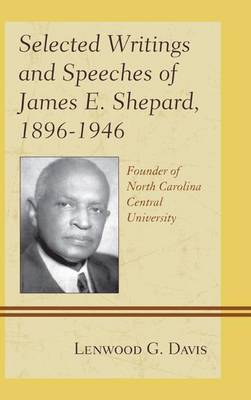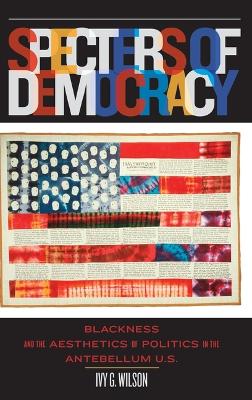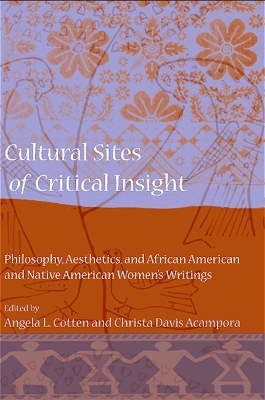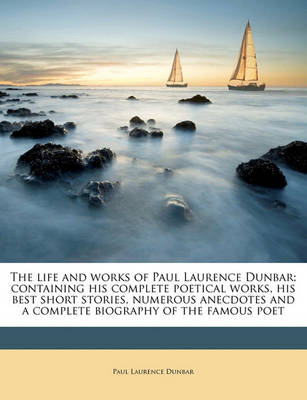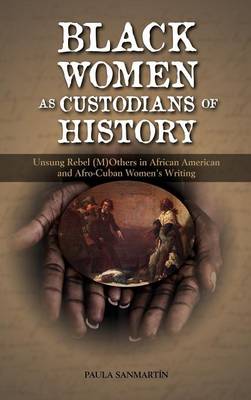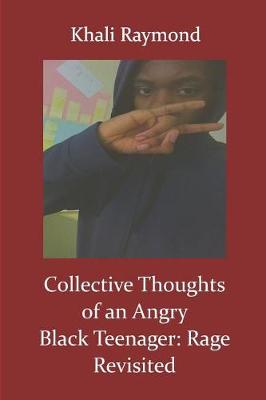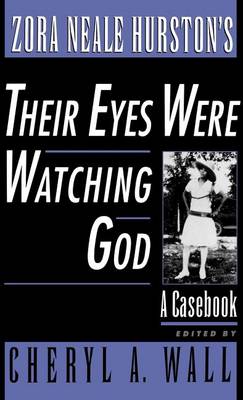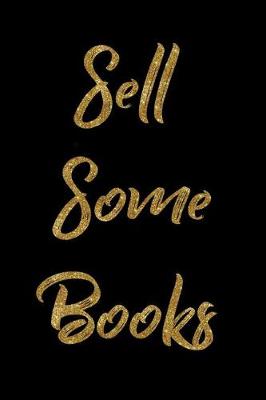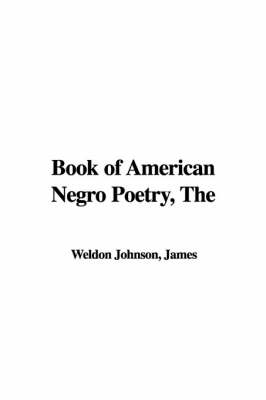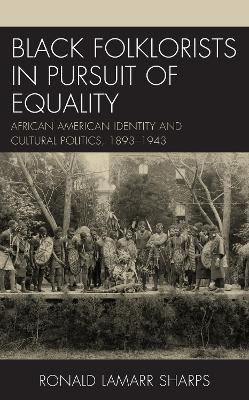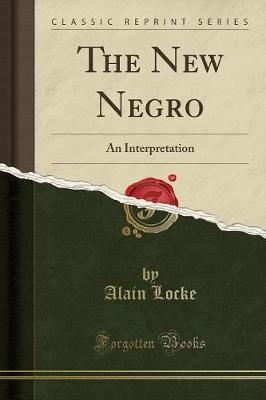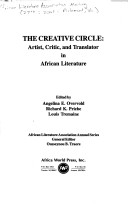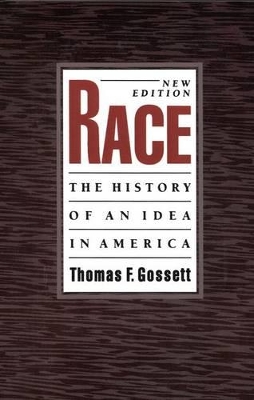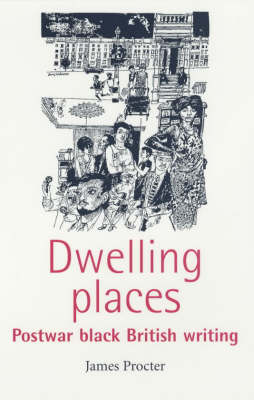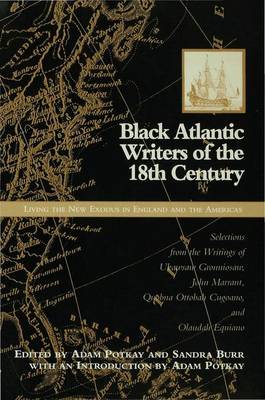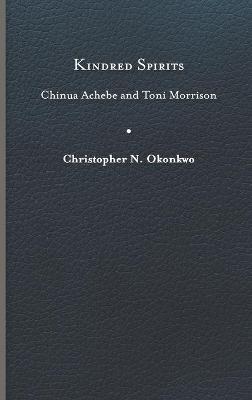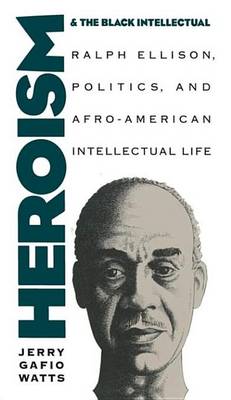Selected Writings and Speeches of James E. Shepard, 1896 1946: Founder of North Carolina Central University
by Lenwood G. Davis
Specters of Democracy interrogates the representational strategies that nineteenth-century Americans used in art and literature to delineate blackness as an index to the forms of U.S. citizenship. The book reveals how the difficult task of representing African Americans-both enslaved and free-in imaginative expression was part of a larger dilemma concerning representative democracy. More specifically, the book analyzes how African Americans manipulated aurality and visuality in art that depict...
Cultural Sites of Critical Insight
Collective Thoughts of an Angry Black Teenager (Broken Down, #2) (Collective Thoughts, #2)
by Khali Raymond
This book is intended for Prizes won etc.
Zora Neale Hurston's Their Eyes Were Watching God (Casebooks in Criticism)
The rediscovery of Zora Neale Hurston's Their Eyes Were Watching God, first published in 1937 but subsequently out of print for decades, marks one of the most dramatic chapters in African-American literature and Women's Studies. Its popularity owes much to the lyricism of the prose, the pitch-perfect rendition of black vernacular English, and the memorable characters - most notably, Janie Crawford. Collecting the most widely cited and influential essays published on Hurston's classic novel over...
From the earliest texts of the colonial period to works contemporary with Emancipation, African American literature has been a dialogue across color lines and a medium through which black writers have been able to exert considerable authority on both sides of that racial demarcation. Dickson D. Bruce argues that contrary to prevailing perceptions of African American voices as silenced and excluded from American history, those voices were loud and clear. Within the context of the wider culture, t...
In pursuit of equality, African American movements turned to folklore to reveal the soul of a race and find a path toward civilization. This book provides a comprehensive chronicle of these initiatives and their reception starting with the folklore society organized by Hampton Institute in 1893 and continuing through the early 1940s with the American Negro Academy, graduates of Fisk University, William Hannibal Thomas, the NAACP, the Urban League, the Friends of Negro Freedom (black socialists),...
From the man known as the father of the Harlem Renaissance comes a powerful, provocative, and affecting anthology of writers who shaped the Harlem Renaissance movement and who help us to consider the evolution of the African American in society. With stunning works by seminal black voices such as Zora Neale Hurston, Countee Cullen, and W.E.B. DuBois, Locke has constructed a vivid look at the new negro, the changing African American finding his place in the ever shifting sociocultural landscape t...
Race: The History of an Idea in America (Race and American Culture)
by Thomas F. Gossett
When Tom Gossett's Race: The History of an Idea in America appeared more than a generation ago, it explored the impact of race theory on literature in a way that anticipated the entire current scholarly discourse on the subject. Though it has gone out of print, it has never been rendered obsolete. Its reprinting is a boon to younger scholars in particular who are unfamiliar with its rich presentation of fact and its clear, efficient analysis, from which so much later theorizing has developed....
"Dwelling Places" explores some of the key venues of black British literary and cultural production across the postwar period: bedsits and basements; streets and cafes; train stations and tourist landscapes; the suburbs and the city; the north and south. Extending from central London to the outskirts of Glasgow, the book pursues a "devolving" landscape in order to consider what an analysis of "dwelling" might contribute to the travelling theories of diaspora discourse. What happens, for example,...
Using the term "prophetic remembrance" to articulate the expression of a constituent faith in the performative capacity of language, Erica Still shows how black subjectivity is born of and interprets cultural trauma. She brings together African American neo-slave narratives and black South African postapartheid narratives to reveal the processes by which black subjectivity accounts for its traumatic origins, names the therapeutic work of the present, and inscribes the possibility of the future....
Black Atlantic Writers of the Eighteenth Century
by Olaudah Equiano, Ukawsaw Gronniosaw, John Marrant, and Ottobah Cugoano
This important book brings together for the first time major works by four black writers who published between 1770 and 1793: Ukawsaw Gronniosaw, John Marrant, Ottobah Cugoano, and Olaudah Equiano. Crisscrossing the Atlantic ocean from West Africa to the West Indies, from the American mainland to the British isles, these men share a dramatic story of captivity and liberation, wayfaring and adventure. They also share a story of spiritual salvation, of adapting the christian faith to their own her...
African-American Proverbs in Context (Publications of the American Folklore Society. New)
by Sw Anand Prahlad
From slave times to the present the proverb has been a mainstay in African-American communication. Such sayings as ""Hard times make a monkey eat red pepper when he don't care for black,"" ""The blacker the berry, the sweeter the juice,"" and ""Nothing ruins a duck but its bill"" convey not only axiomatic impact but also profound contextual meanings. This study of African-American proverbs is the first to probe deeply into these meanings and contexts. Sw. Anand Prahlad's interest in proverbs da...
Nigerian novelist Chinua Achebe-author of Things Fall Apart, one of the towering works of twentieth-century fiction—is considered the father of modern African literature. The equally revered Toni Morrison, author of masterworks such as Beloved and one of only four Americans to receive the Nobel Prize in Literature in the past half-century, acknowledged African literature’s and Achebe’s influence on her own work. Until now, however, there has been no book that focuses on and critically explores...
Before and after writing Invisible Man , novelist and essayist Ralph Ellison fought to secure a place as a black intellectual in a white-dominated society. In this sophisticated analysis of Ellison's cultural politics, Jerry Watts examines the ways in which black artists and thinkers attempt to establish creative intellectual spaces for themselves. Using Ellison as a case study, Watts makes important observations about the role of black intellectuals in America today. Watts argues that black int...


